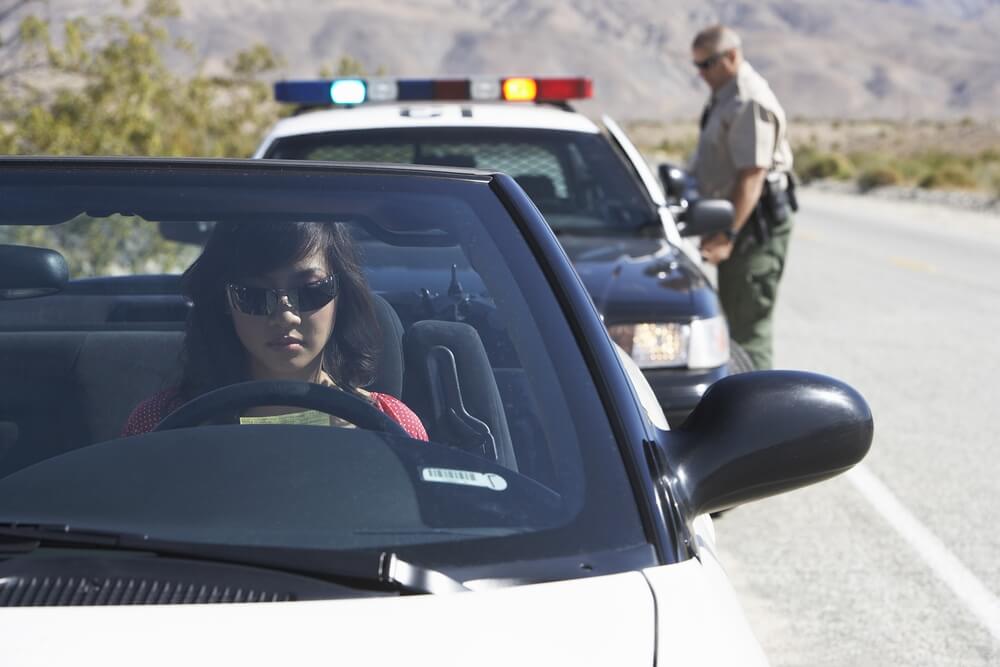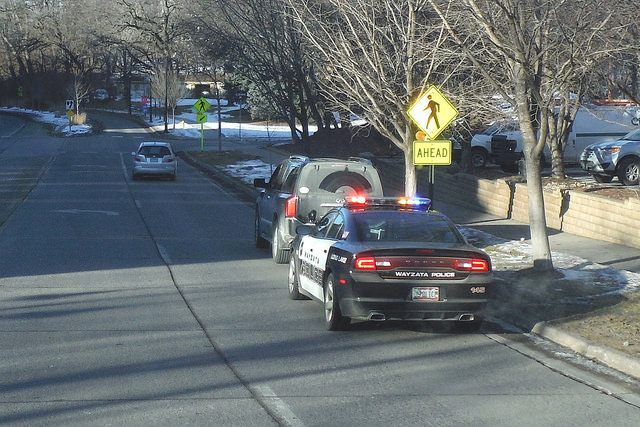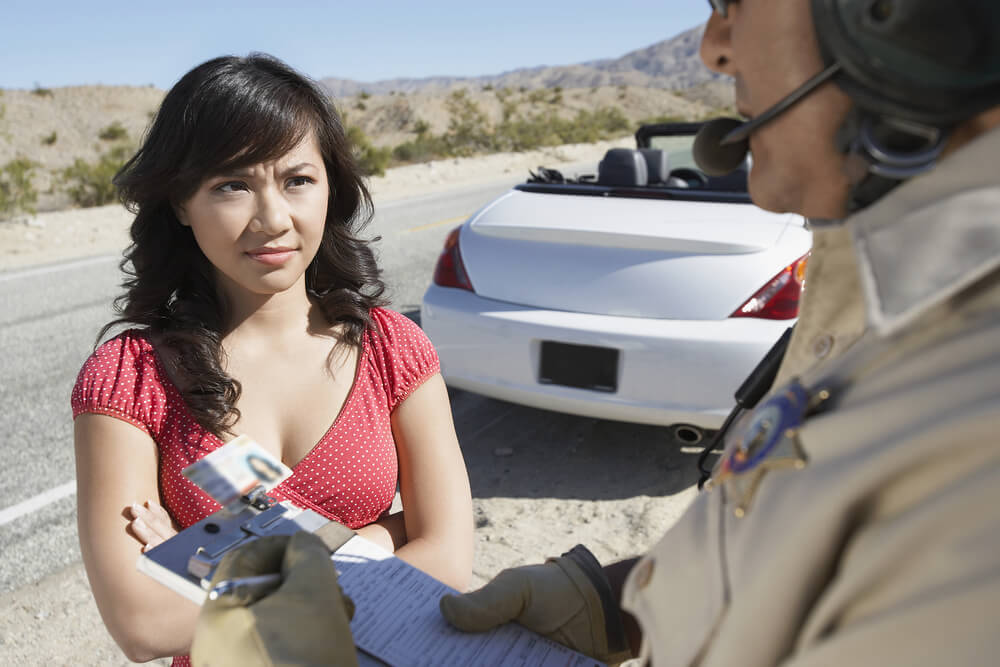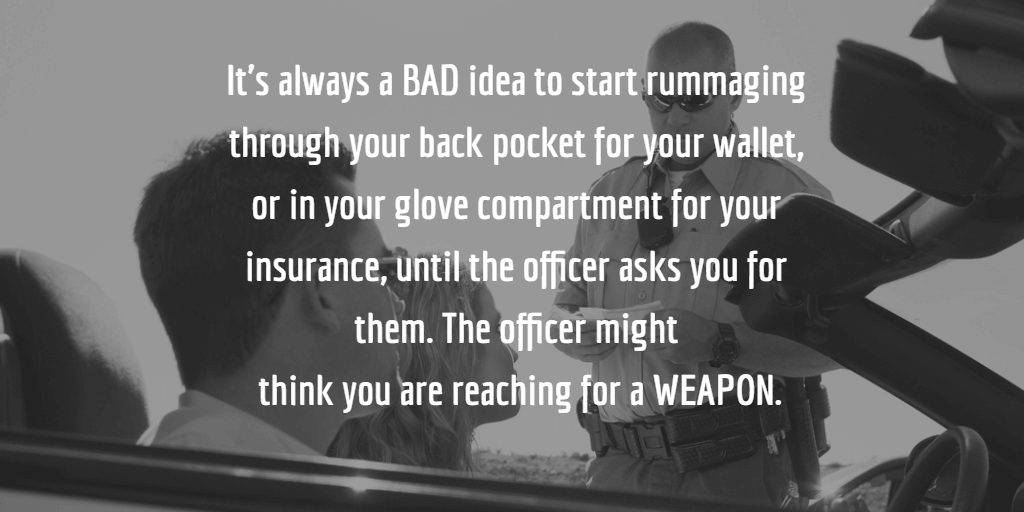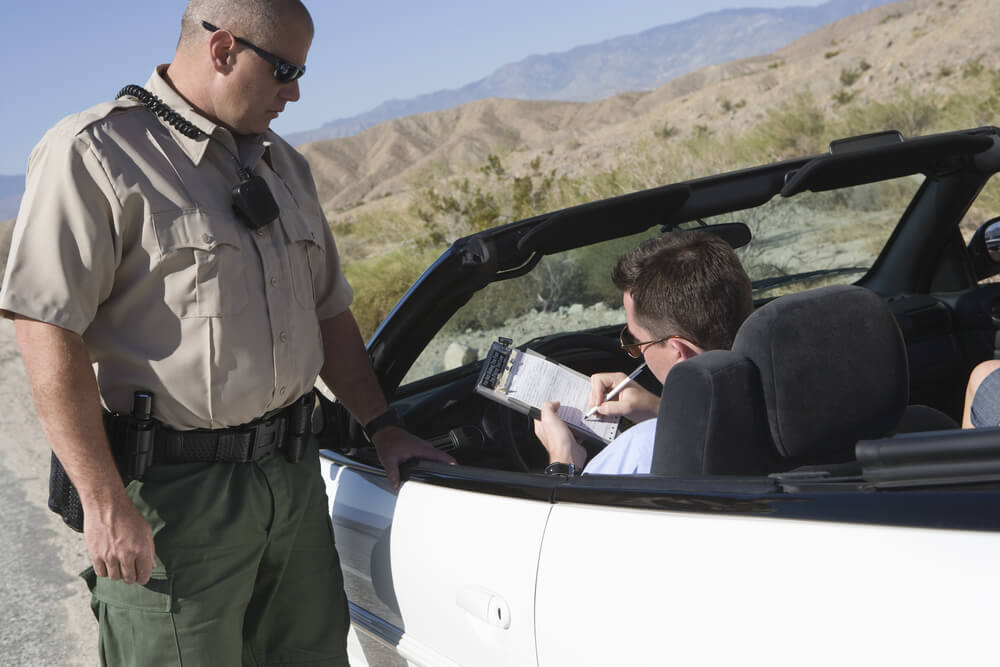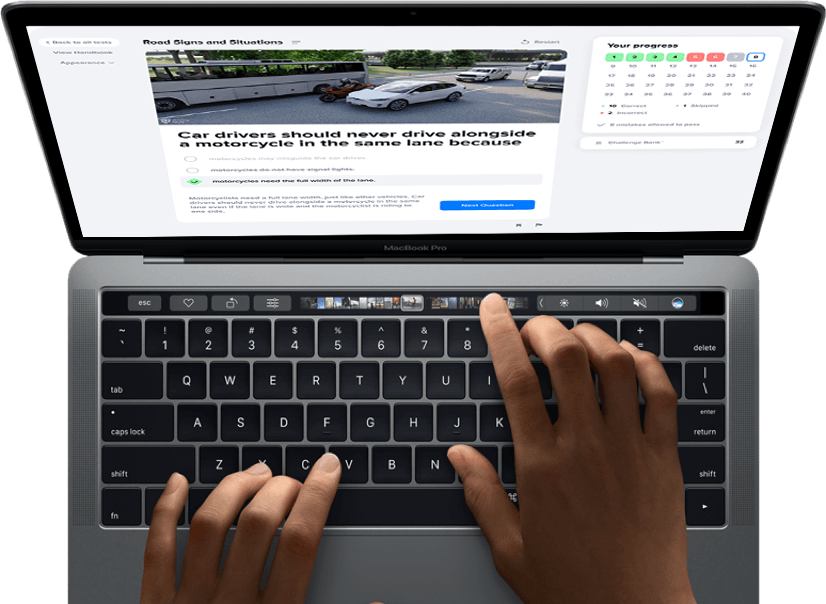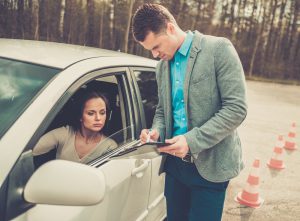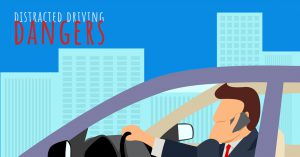Being pulled over by a police officer for the first time can be a very emotional experience. Drivers often feel confused, afraid, and even humiliated when they see flashing lights in their rearview mirror for the first time. There are several things that inexperienced drivers should know to make this unlucky experience go smooth.
Here’s what to do if you get pulled over by the police.
10 Things to Remember When Pulled Over by Police
- 1
As soon as you see the police officer’s flashing lights or hear the car’s siren, turn on your own emergency flashers. This will inform other drivers that you are the driver who is being pulled over and alert them that you will be slowing down in preparation to pull over.
- 2
Search for a safe location to park your car. Remember that the police car will be parked behind you, so find a place that is large enough for two vehicles. If you are on an interstate or highway, there is usually an adequate amount of space on the right side of the road for you to pull over there. Never pull over on the left side of the road, even if there is a median. If there is a driveway or business parking lot within a very short distance, most police officers find it acceptable for you to slowly drive to such a location before stopping your vehicle.
If pulled over, make sure you don’t obstruct other traffic (Ruin Rader)![traffic stop]()
- 3
As soon as you have found a place to pull over and parked your car, turn off the ignition. Never do anything that the police officer might interpret as an intention to get away, no matter how minor your alleged traffic infraction might be.
- 4
Immediately roll down your window if you have been pulled over by a marked police car. If you have been pulled over by an unmarked police car, wait until the officer emerges from the vehicle and you can see his credentials before rolling down your window.
- 5
It may take several moments for the police office to exit his patrol car. This is normal. He or she may need to communicate with the police station to inform them that a vehicle has been stopped or the police officer may be getting information about your car from your license plate. Be patient. Do not get out of your vehicle at this time.
Always stay in the car until and unless the officer asks you to step out. You must exit your car if the officer orders you to![step out of car]()
- 6
When you first begin to initiate conversation with the police officer, remain calm, polite, and respectful. If you find that you are emotional, try to control your feelings so that the officer can speak with you about the reason he pulled you over. If you are unsure of the reason you were targeted, do not become defensive. The police officer will give you a detailed description of the reason or reasons he has for pulling you over.
- 7
The police office will most likely ask you for your driver’s license and a copy of your vehicle’s registration and insurance policy. Most people keep their registration documents and insurance card in their glove compartment. Quickly gather these documents and give them to the police officer. If you do not have one of them, tell the officer and give him an explanation for the missing information.
Keep it in mind if don’t have your documents in front of you the moment an officer comes up![police stop rule]()
- 8
Be apologetic. Although no police officer wants to hear a sob story, it is also a bad idea to refute his or her allegations. If you were speeding, insure the officer that you understand the consequences of driving over the speed limit and that you will slow down immediately. If the police office wants to give you a lengthy lecture about safe driving, listen to it.
- 9
If the officer issues you a traffic citation, do not argue or beg. If you are only given a warning, thank the officer for understanding. If the officer only gives you a verbal warning, ensure him or her that you appreciate the opportunity to correct your driving mistakes before having anything put on your driving record. Again, be respectful. Even if you are unhappy with your ticket, remember that you could be pulled over by this same officer again in the future.
If an officer asks you to sign the ticket, do it, even if you don’t agree with the charges. You’ll dispute them later![signing a traffic ticket]()
- q
After the officer has returned to his patrol car, slowly and carefully return to the road and continue on your way.
While being pulled over by a police officer is by no means a pleasant experience, using common sense and good manners can make it go much smoother than it otherwise might. Be sure to follow the instructions on the traffic citation if you were issued one. Make sure to correct whatever driving mistake caused you to be pulled over in the first place.
